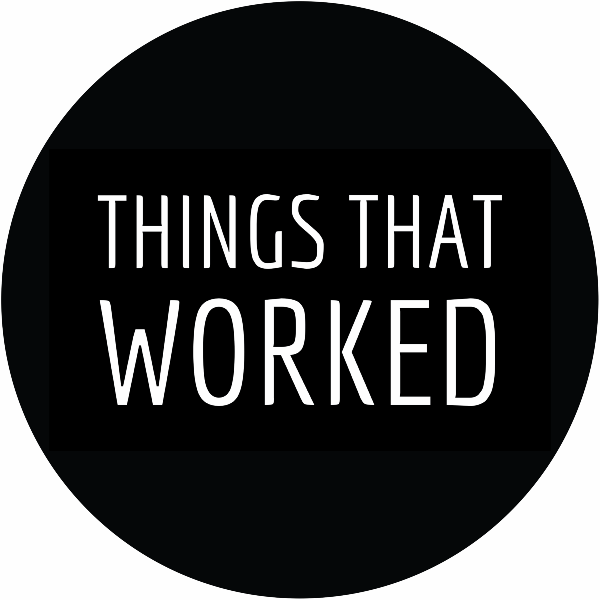Things That Worked: Proposal for an Edited Collection of Essays
Sample materials to simplify your life
Welcome back for another round of ‘Things That Worked’!
Of the 5 books I’ve published so far (it’ll be 6 in early 2024!), three have been edited collections of essays. There are pros and cons to editing a volume, which I’ll go into in more detail in another post sometime. And, as PBP readers will already know, publishers can ask for very different types of proposal when it comes to any book. But I thought I’d use today’s TTW post to share the proposal I submitted for my most recent edited volume, on Emotion and Medieval Textual Media (Brepols, 2019).
What are edited collections of essays?
Edited collections of essays are volumes that contain chapter-length piece of scholarship by different authors. In this respect, they’re a little like journal issues, only in book form. Some are edited by only one editor, whereas others might have more than one. Some are the result of conference presentations or a call for papers, whereas others might have been directly solicited by the editor.
In my opinion, edited volumes are some of the most underrated resources in academic publishing. In assessment exercises like the UK’S Research Excellence Framework (REF), they tend to be weighted less than monographs, and sometimes less than peer-reviewed articles. For some reason, they just seem to strike people as less ‘impressive’. But there are plenty of reasons why they’re valuable:
They tend to be focused. If you’re looking for scholarship on a particular topic, an edited volume is a great place to start.
They contain a variety of perspectives and approaches. This is especially valuable when you’re trying to figure out how best to attack a certain topic.
You can dip in and out of them. Unlike most monographs, an edited collection can be of use without being read from start to finish! (That said, you’ll find some useful tips here for how to speed up your research when using monographs.)
They’re a great way to network. If you’re editing a volume, you have a built-in excuse for contacting all sorts of great scholars and writers: you want to invite them to contribute to the book! (Remember: this is a great way to introduce yourself to colleagues you want to know better!)
They’re a great way to get editorial experience. If you think that editing an academic journal might be something you want to do, this is a great way to learn about what that work entails.
You can learn a lot about writing. When you have the chance to read and comment on a bunch of scholarly writing, it can teach you a lot about how you might (or might not) want to write in your future work.
The proposal
When I sat down to write the proposal for Emotion and Medieval Textual Media, I’d already co-edited two other books. This was my first time flying solo as an editor, and I was conscious of having a little more responsibility resting on my shoulders.
Keep reading with a 7-day free trial
Subscribe to Page by Page to keep reading this post and get 7 days of free access to the full post archives.


